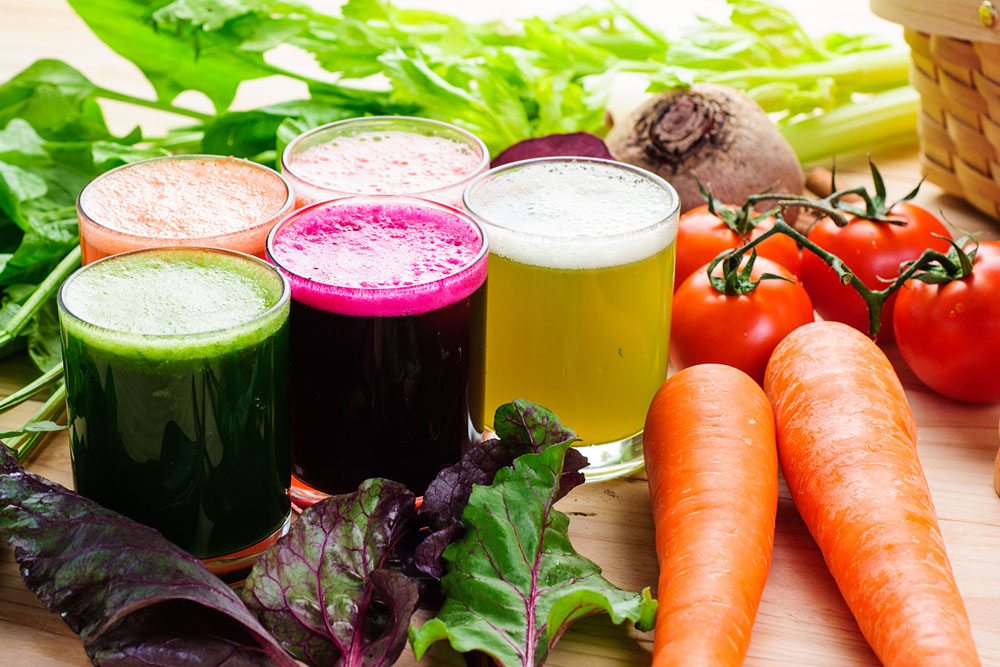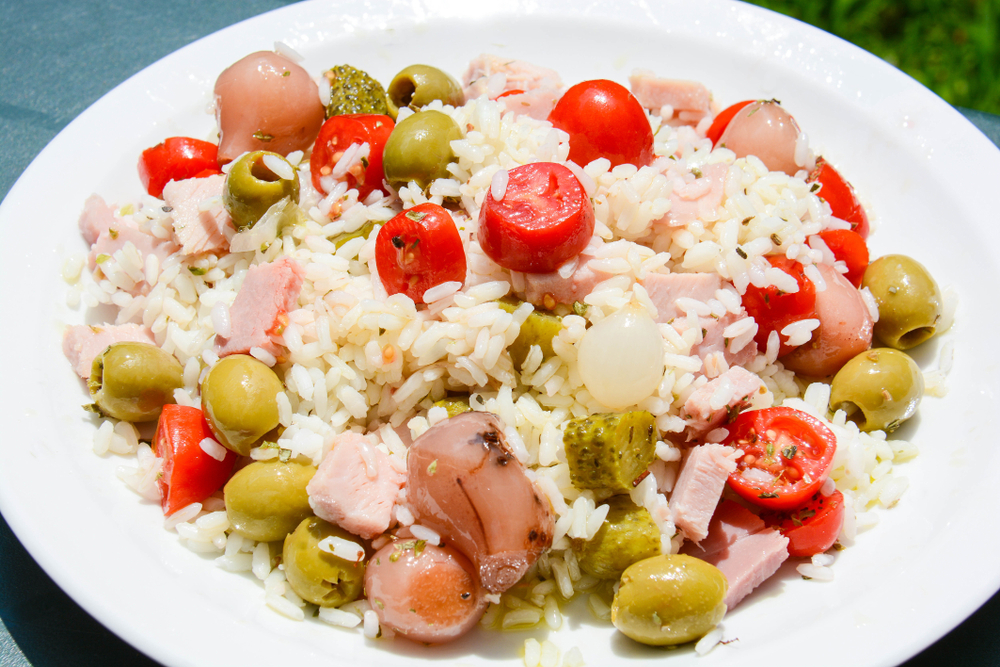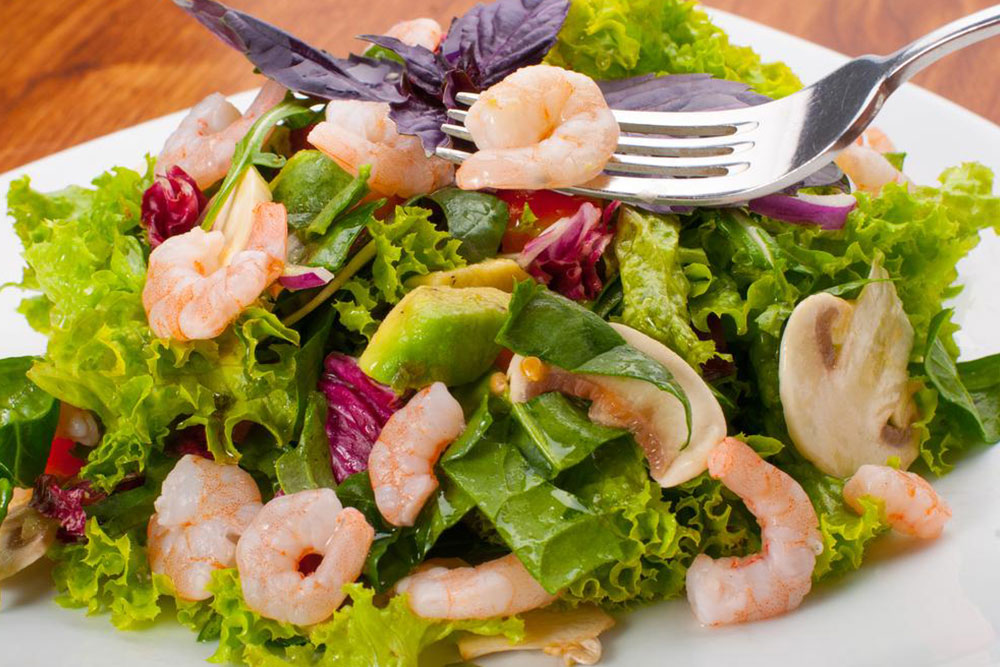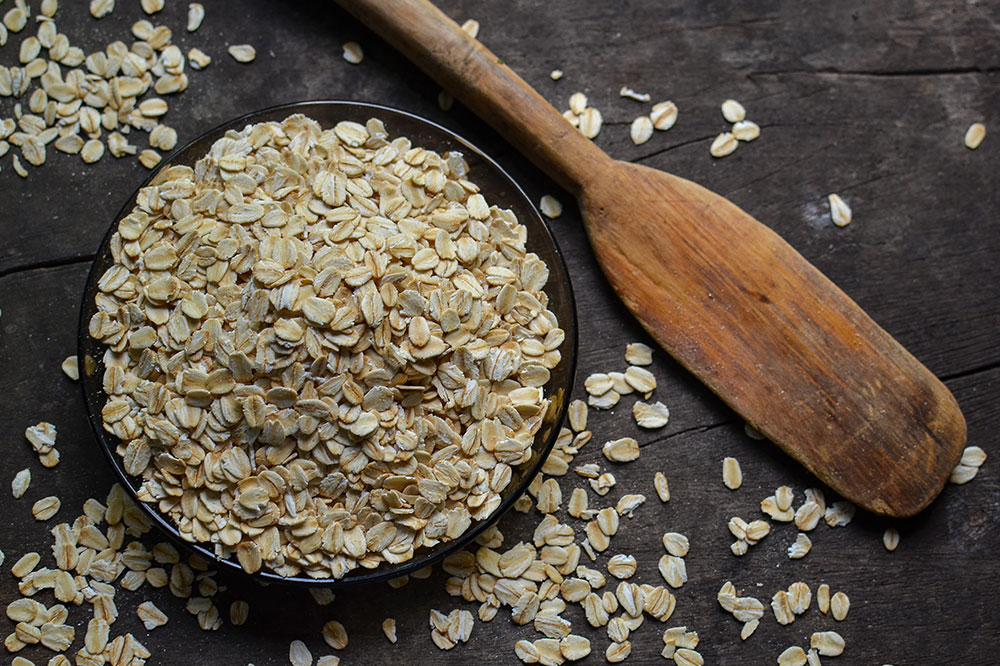Effective Dietary Strategies for Managing Inflammatory Bowel Disease
Explore effective dietary strategies to manage Crohn's disease symptoms through gentle, low-fiber foods like refined grains, oatmeal, peeled fruits, cooked vegetables, and probiotic-rich yogurt. Proper nutrition can help reduce inflammation and improve quality of life for those affected.

Nutritional Approaches to Control Crohn's Disease Symptoms
Crohn's disease is a chronic inflammatory disorder of the gastrointestinal tract resulting in symptoms such as poor appetite, nausea, abdominal pain, bloating, and diarrhea. These symptoms can significantly disrupt daily life. Dietary modifications play a vital role in symptom management. Eating gentle, low-irritation foods can help lessen inflammation and reduce discomfort. Identifying safe and nourishing foods is essential for improving the well-being of individuals living with Crohn’s disease.
Refined grains
Choosing easy-to-digest refined grains such as pasta, white rice, bread, and cereals can minimize irritation. These foods contain less fiber, pass quickly through the digestive system, and help decrease inflammation and abdominal pain.
Options include rice-based snacks, waffles, pancakes, plain crackers, and fortified cereals enriched with essential nutrients.
Oatmeal
Prepared from rolled or quick oats, oatmeal contains less fiber than steel-cut oats. During flare-ups, it’s advisable to avoid insoluble fiber, which can aggravate diarrhea. The soluble fiber in oats, such as beta-glucan, adds bulk to stool and absorbs water, helping to soothe diarrhea.
Incorporate oats into smoothies with peeled fruits for added benefits.
Low-fiber fruits
Fruits like peaches, cantaloupe, watermelon, honeydew, and bananas are gentle on digestion and support diarrhea management. During symptom flare-ups, eating smaller portions minimizes gastrointestinal irritation.
Peeled and cooked fruits
Removing skins reduces insoluble fiber, and cooking or peeling makes fruits easier to digest. Canned or cooked fruits are lower in fiber but might contain more sugar, so moderation is recommended.
Peeled and cooked vegetables
Peeling vegetables, including carrots, squash, and potatoes, reduces fiber content. Cooking them softens texture and aids digestion. Steaming or boiling is preferred over frying, as it avoids added fats that could trigger symptoms.
Yogurt and dairy
Probiotic-rich yogurts may help decrease gut inflammation by supporting beneficial bacteria. However, during flare-ups, reducing lactose intake might be beneficial since some dairy products contain lactose, which can cause discomfort.


